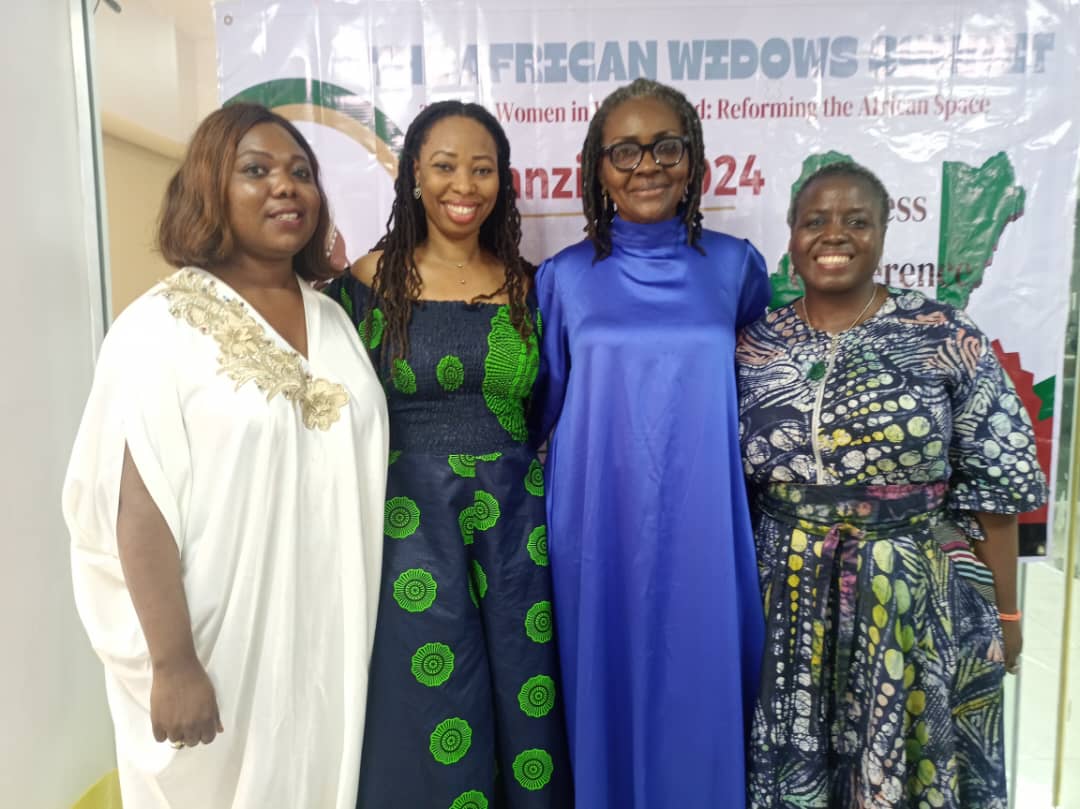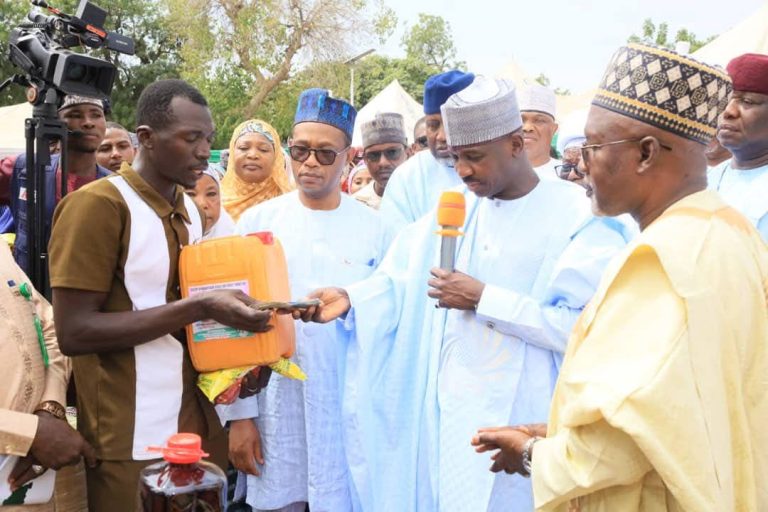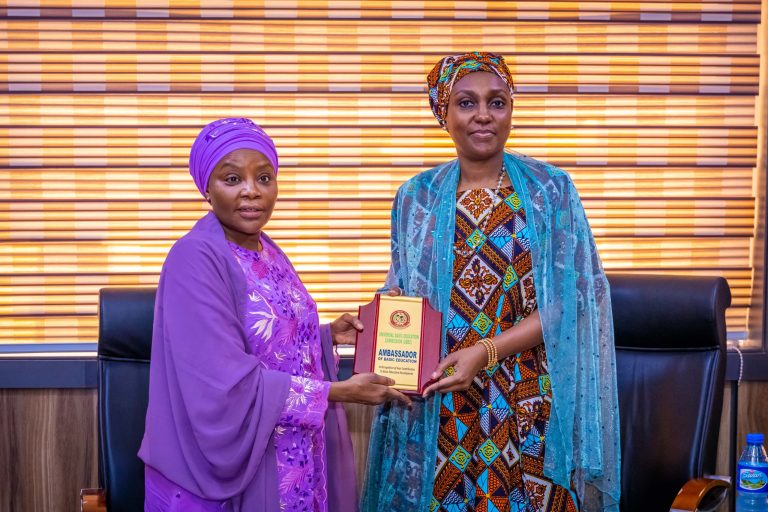
By Theresa Moses
The African Widows Summit (TAWS), held in Zanzibar, Tanzania, has set new frontiers for addressing the critical issues facing widows across the continent.
This development was disclosed during a press conference on Saturday, July 20, 2024, in Lekki, Lagos, where advocates emphasised the summit’s impact on placing widows’ issues at the forefront of national and international agendas.
The summit, which took place in June 2024 in Zanzibar, had the theme “Theme: Women in Widowhood: Reforming the African Space.” It addressed urgent needs for policy reform, economic empowerment, and cultural change.
Hope Nwakwesi, President of the African Widows Summit, noted that recent legal reforms have effectively challenged discriminatory customs and set new precedents for justice.
Nwakwesi stressed the importance of not just having progressive laws but also ensuring their enforcement and societal acceptance. She acknowledged that, while progress can be slow, generational shifts and ongoing advocacy are essential for achieving meaningful change.
While calling for robust government involvement alongside efforts from NGOs and the private sector to support widows comprehensively through healthcare, education, and business initiatives, she advocated for dedicated funding to enhance financial resources and create opportunities for widows’ self-sufficiency.
Tara Aisida, Legal Adviser at TAWS, supported Nwakwesi’s views, emphasizing the need to integrate widows into policy frameworks across various sectors, including economic development, education, health, and housing.
Aisida highlighted the importance of changing societal attitudes to ensure widows are recognised as equal citizens with rights to economic freedom, property, and dignity.
The media interaction also tackled critical issues such as the need for robust support systems and the enforcement of the Widow’s Protection Act. This legislation aims to address ritualistic practices and property rights, underscoring the need for effective implementation.
The interactive session focused on widows’ empowerment through inclusion, an action that is first a government responsibility.
The summit’s influence extends beyond Zanzibar, aiming to integrate widows’ concerns into policy planning and implementation at both national and international levels to call on the global community to consider the recommendations from the summit and respond with sustainable and inclusive solutions to support widows.
Such conversations and ongoing dialogue emphasized the urgency of addressing widows’ issues and advocating for systemic changes to ensure their rights and empowerment on a global scale.




